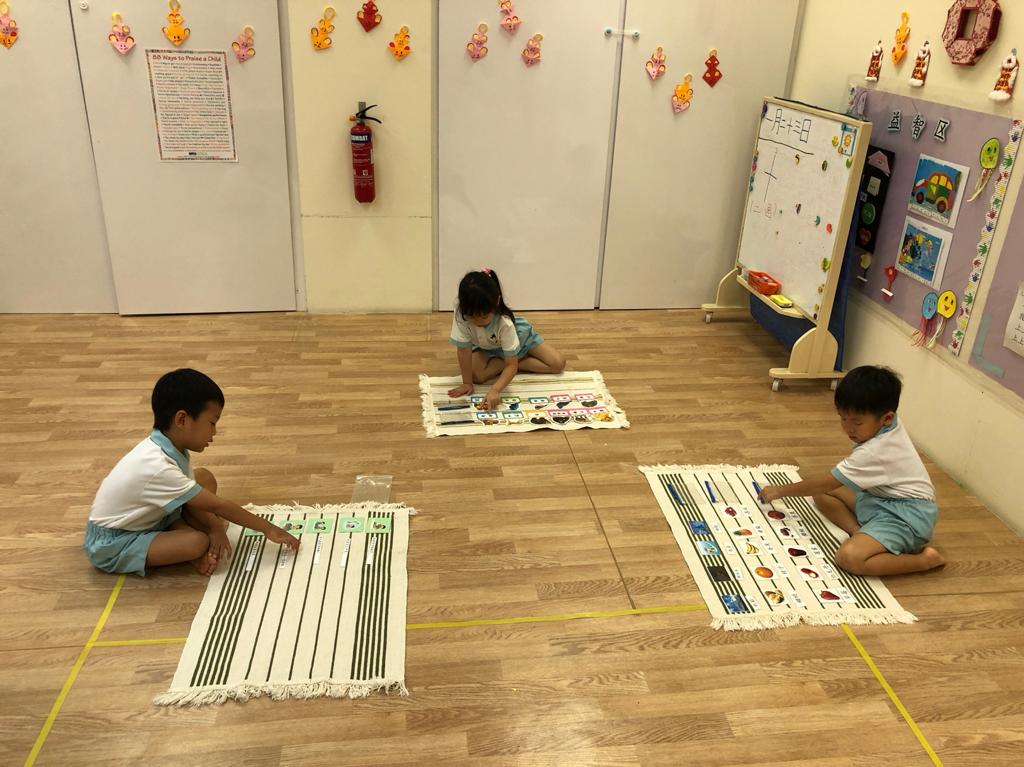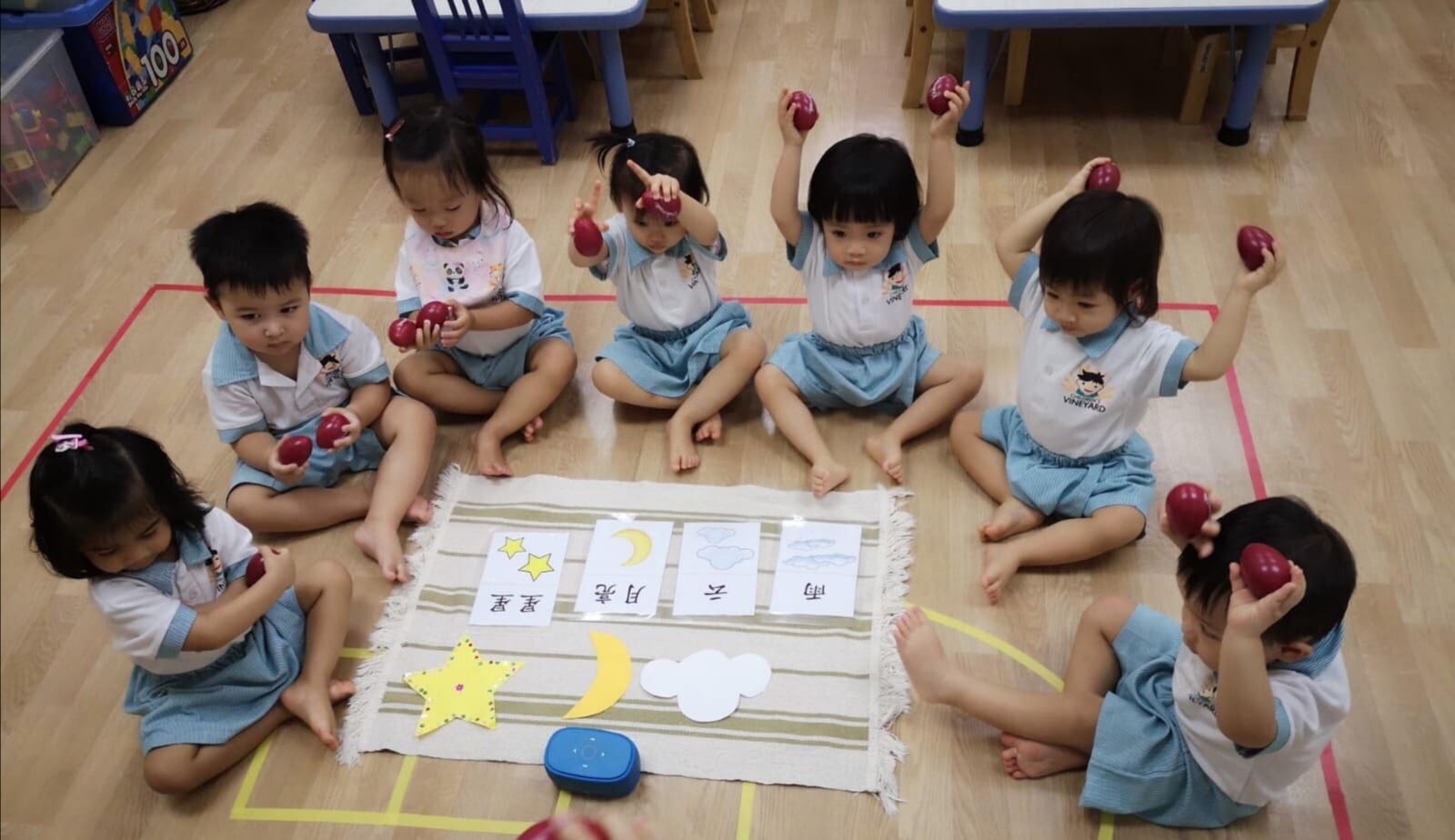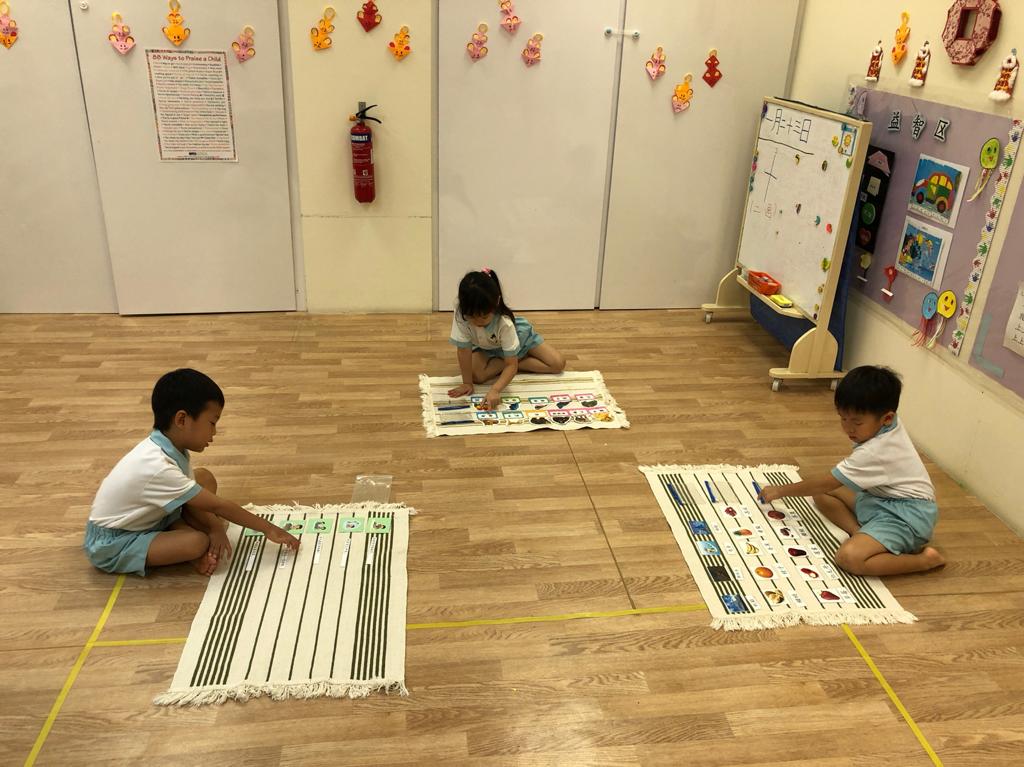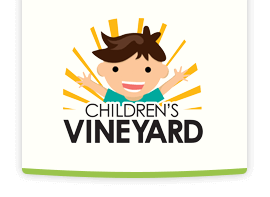• INTRODUCTION •
We believe that every child is gifted in different ways. When we discover the child’s gifts, we create opportunities for the child to use his/her gifts. We praise and encourage children who are shy to speak up and so they can be heard. We ensure that they are in a safe environment and that every child is accepted regardless of how different they are. Our unique programme, starts with emphasis on Mandarin in the Nursery years and by K1, they should be very competent and confident in Mandarin. K1 and K2 will be dedicated to preparing them for primary school life. We prepare them academically, socially and emotionally. We ensure that they have sufficient self-help skills to get them ready for formal schooling.
PROGRAMME
• EDUCATION ASPECTS •
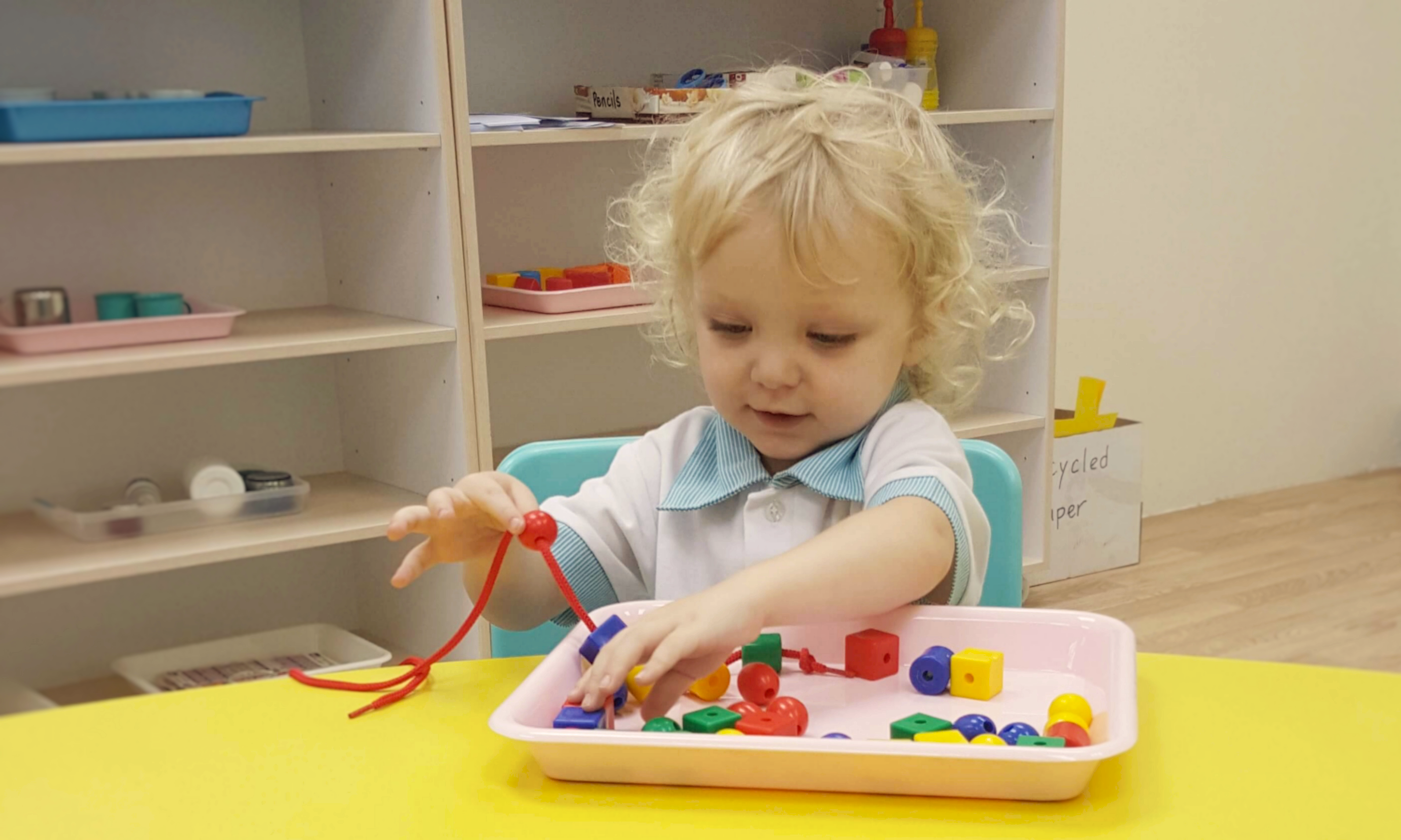
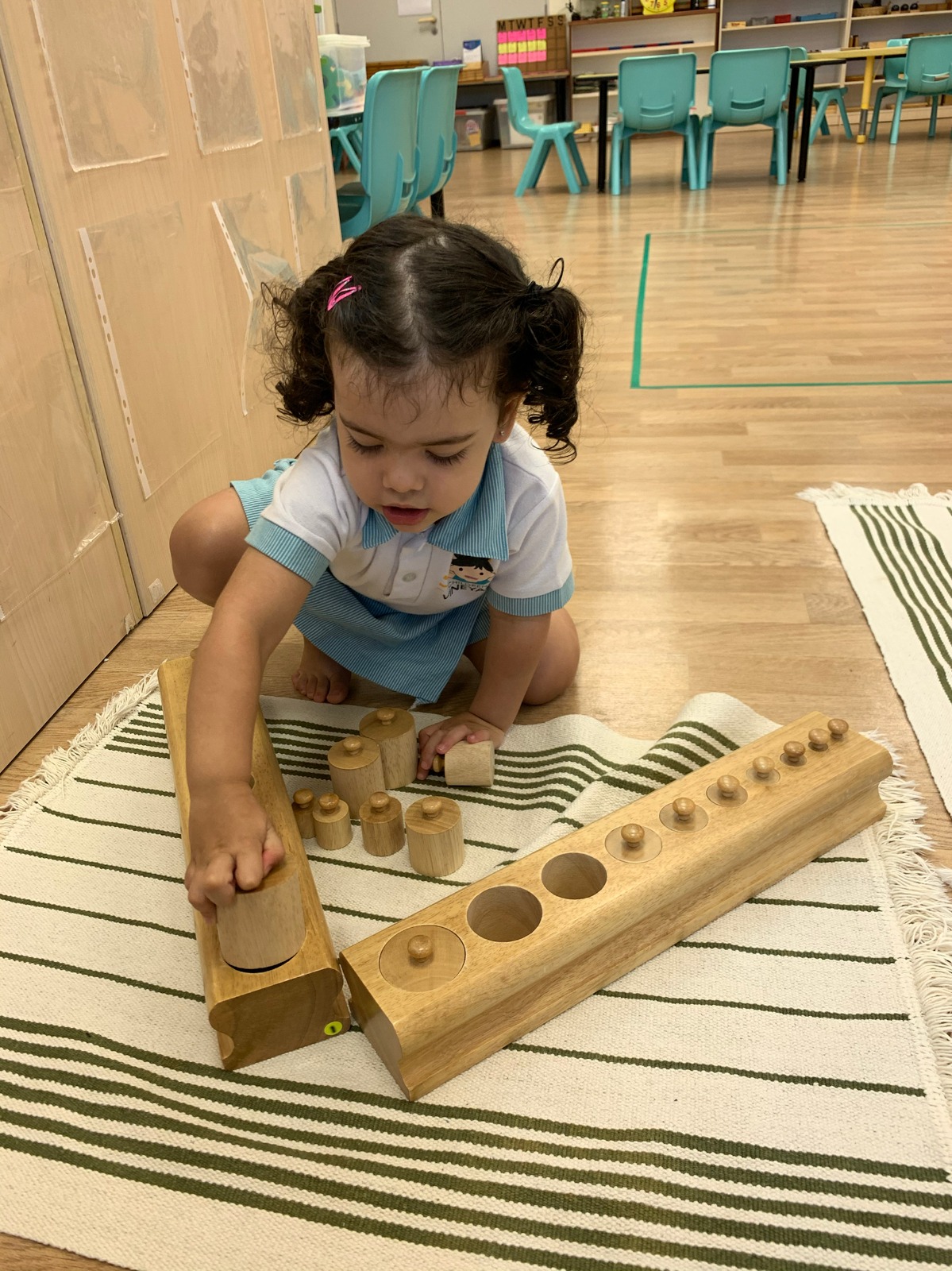
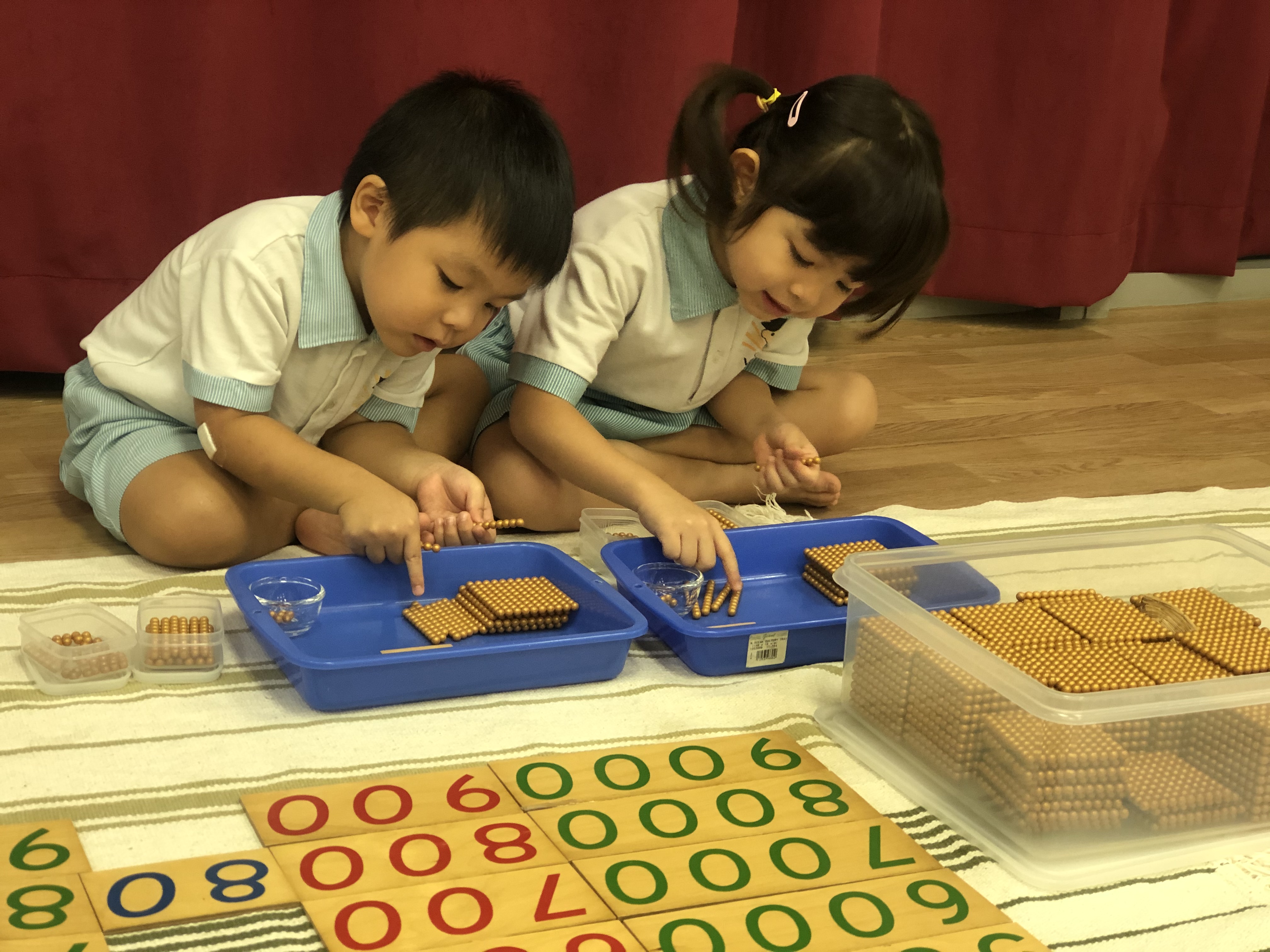
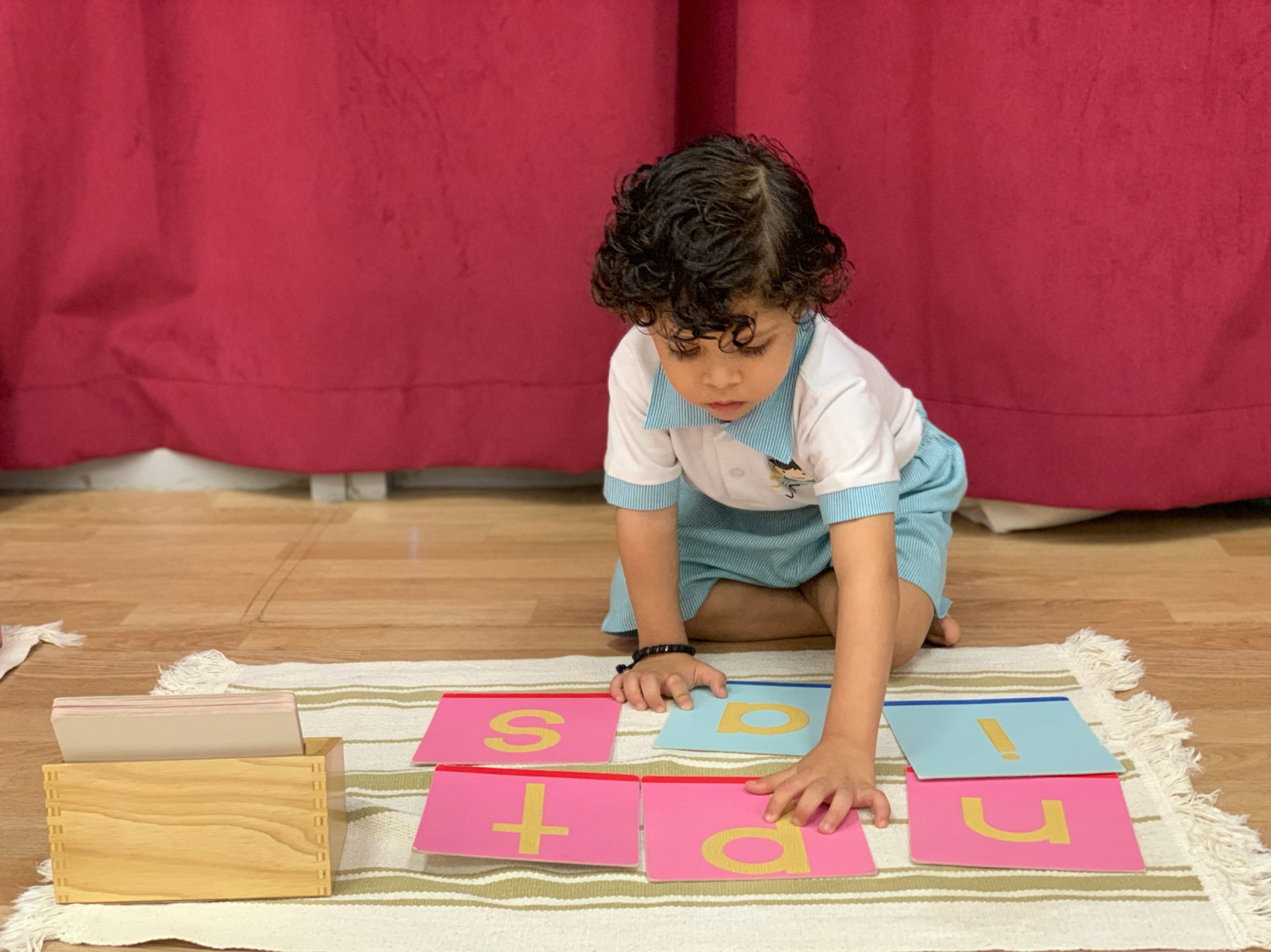
• INTRODUCTION •
Practical Life Activities
The children are introduced to practical life activities when they first enter the Montessori classroom.
While practical life skills such as spooning, pouring and sweeping may seem out of place in the classroom, these activities are in fact very important for the total development of children.
Research has shown that intellectual development grows alongside movement and that each purposeful movement develops a specific cognitive skill. This movement also helps build a very strong foundation for Language and Mathematics.
Spooning, from left to right, indirectly prepares children for future reading and writing skills. It also develops each child’s pincer grip, preparing him or her to work with writing instruments. The logical order of Practical Life activities also trains the child’s memory and mathematical mind.
Sensorial Training
Children absorb and learn through their five senses – sight, hearing, smell, taste and touch.
Through the Montessori sensorial curriculum, they acquire and construct knowledge such as Math concepts of dimension, shapes, sizes, weight and length – through experience with concrete material.
Each sensorial apparatus trains and heightens the child’s powers of observation, reasoning and judgment which are much needed during their primary school years.
The exercises also progressively build attentiveness and concentration, as the children gradually progress to work with up to 40 pieces of apparatus in one sitting!
Mathematics
Our Mathematics curriculum is also built on the unique Montessori Method, which enables children to learn through exploration and discovery.
In the earlier years, the children spend a lot of time working with concrete Montessori materials to help them build a strong foundation in concepts such as place value and early operations – addition, subtraction, multiplication and division, if they are ready.
When they are confident, the children progress to more abstract work through worksheets so that they can relate the concrete material to the symbols in the worksheets.
This transition also helps prepare them for primary school Math.
Language
Our strong language curriculum begins with a fun-filled multi-sensory phonics program, that introduces the children to the letter sounds of the English language through song and craft.
The children then embark on a comprehensive and individualised Montessori reading programme that prepares each of them to read and build words and sentences independently by 5 ½ years of age.
Once the children are ready, basic grammar and syntax skills are introduced at 6 years of age.
From 5 to 6 years of age, we also transit the children from individual work to working in a group setting to help build classroom readiness & prepare them for primary school education.
• EDUCATION ASPECTS •
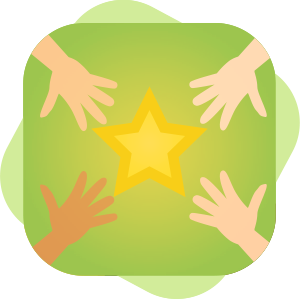

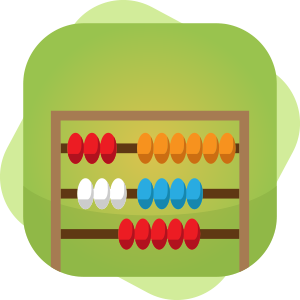

• INTRODUCTION •
We believe that every child is gifted in different ways. When we discover the child’s gifts, we create opportunities for the child to use his/her gifts. We praise and encourage children who are shy to speak up and so they can be heard. We ensure that they are in a safe environment and that every child is accepted regardless of how different they are. Our unique programme, starts with emphasis on Mandarin in the Nursery years and by K1, they should be very competent and confident in Mandarin. K1 and K2 will be dedicated to preparing them for primary school life. We prepare them academically, socially and emotionally. We ensure that they have sufficient self-help skills to get them ready for formal schooling.
• EDUCATION ASPECTS •
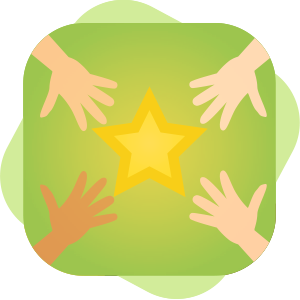
Practical Life Activities
The children are introduced to practical life activities when they first enter the Montessori classroom.
While practical life skills such as spooning, pouring and sweeping may seem out of place in the classroom, these activities are in fact very important for the total development of children.
Research has shown that intellectual development grows alongside movement and that each purposeful movement develops a specific cognitive skill. This movement also helps build a very strong foundation for Language and Mathematics.
Spooning, from left to right, indirectly prepares children for future reading and writing skills. It also develops each child’s pincer grip, preparing him or her to work with writing instruments. The logical order of Practical Life activities also trains the child’s memory and mathematical mind.
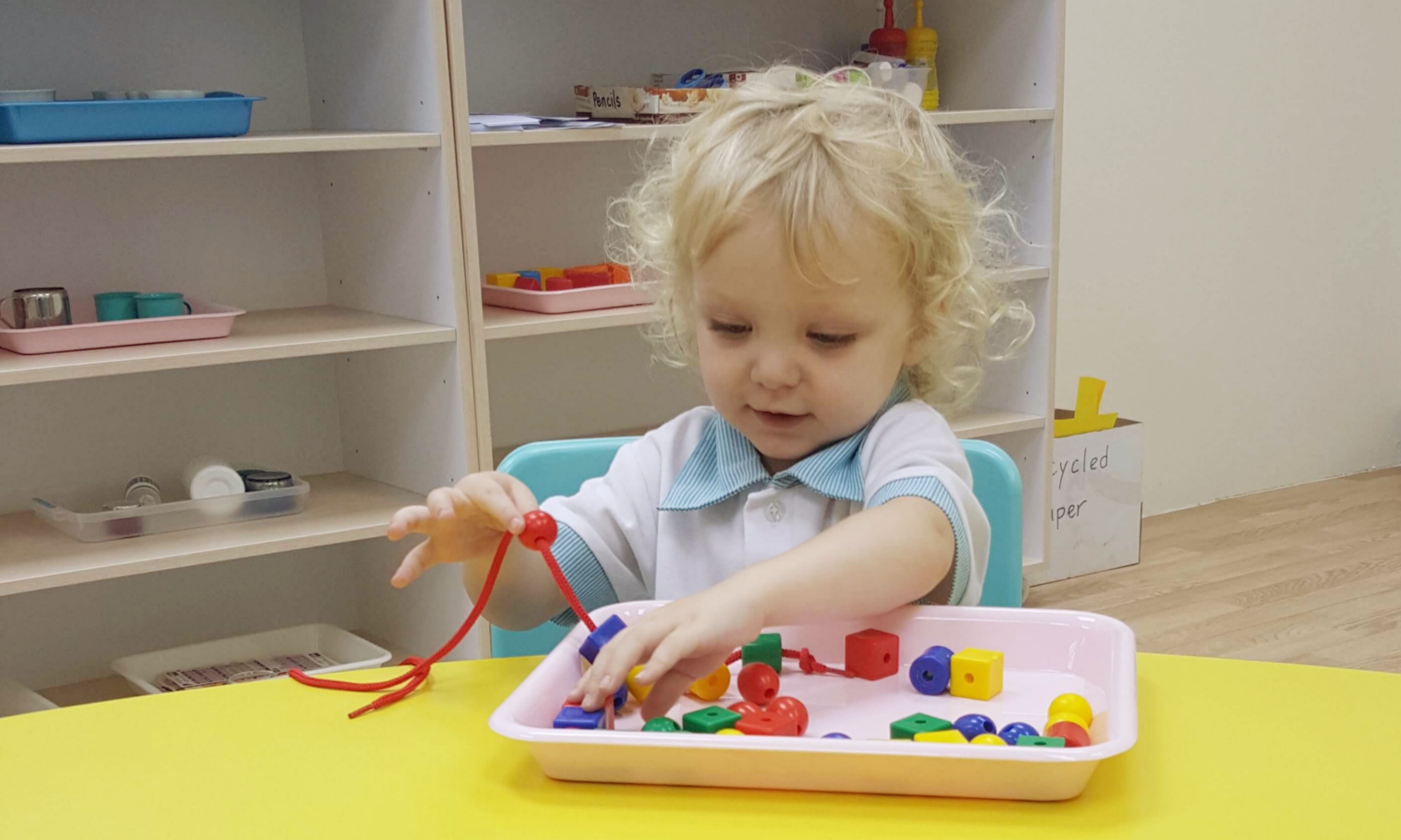

Sensorial Training
Children absorb and learn through their five senses – sight, hearing, smell, taste and touch.
Through the Montessori sensorial curriculum, they acquire and construct knowledge such as Math concepts of dimension, shapes, sizes, weight and length – through experience with concrete material.
Each sensorial apparatus trains and heightens the child’s powers of observation, reasoning and judgment which are much needed during their primary school years.
The exercises also progressively build attentiveness and concentration, as the children gradually progress to work with up to 40 pieces of apparatus in one sitting!
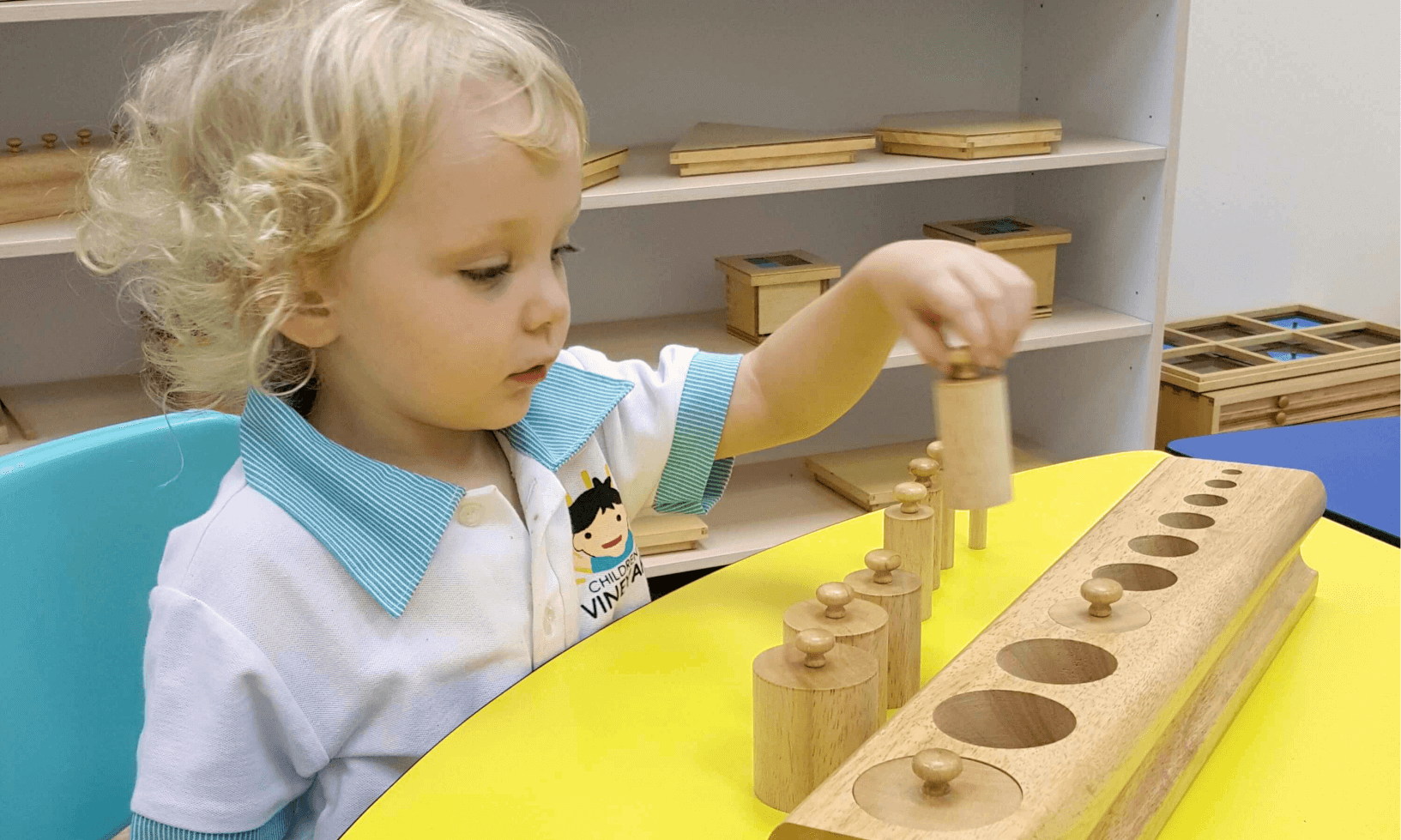
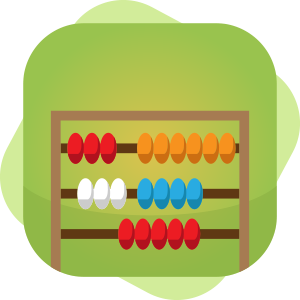
Mathematics
Our Mathematics curriculum is also built on the unique Montessori Method, which enables children to learn through exploration and discovery.
In the earlier years, the children spend a lot of time working with concrete Montessori materials to help them build a strong foundation in concepts such as place value and early operations – addition, subtraction, multiplication and division, if they are ready.
When they are confident, the children progress to more abstract work through worksheets so that they can relate the concrete material to the symbols in the worksheets.
This transition also helps prepare them for primary school Math.
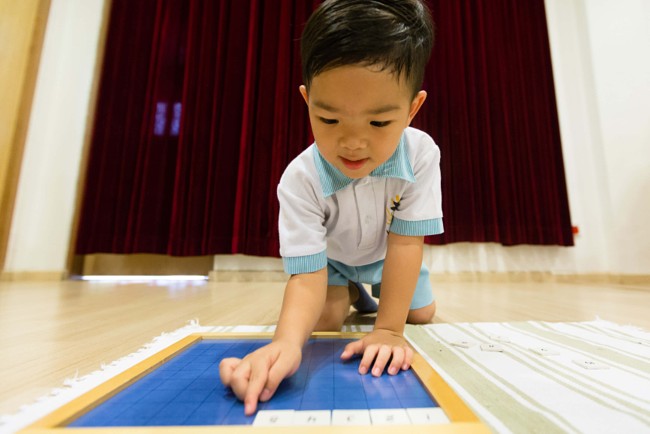

Language
Our strong language curriculum begins with a fun-filled multi-sensory phonics program, that introduces the children to the letter sounds of the English language through song and craft.
The children then embark on a comprehensive and individualised Montessori reading programme that prepares each of them to read and build words and sentences independently by 5 ½ years of age.
Once the children are ready, basic grammar and syntax skills are introduced at 6 years of age.
From 5 to 6 years of age, we also transit the children from individual work to working in a group setting to help build classroom readiness & prepare them for primary school education.
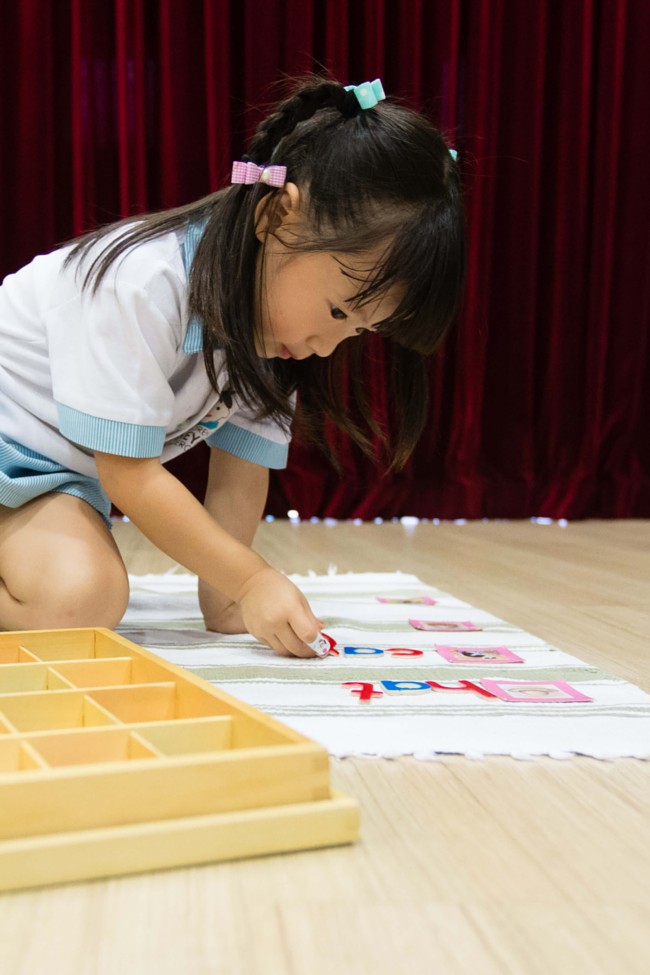
• CHINESE EDUCATION •
Mandarin also comes alive at Children’s Vineyard, thanks to our engaging Chinese Language Arts Programme.
Each week, the children are immersed in a new Chinese storybook and invited to participate in a myriad of story-based activities.
Through creative music & movement, speech & drama and art & craft activities, the children have lots of fun building their listening,
speaking as well as reading skills.
No wonder the children are falling in love with Mandarin and growing into such confident young communicators!
